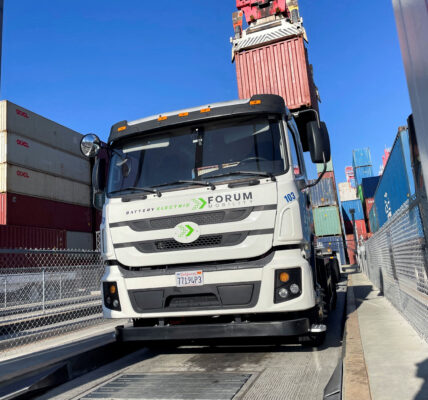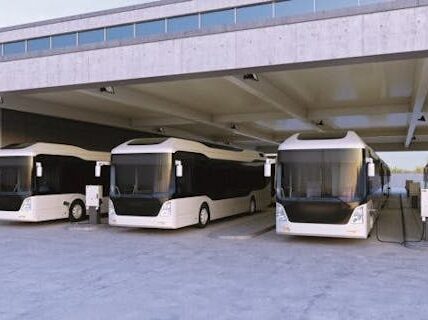Electreon, a leading innovator in Wireless Electric Vehicle (EV) Charging technology, is witnessing a surge in support from U.S. state and federal policymakers. They are pushing to fund and incorporate Wireless Electric Road Systems (ERS) into their electrification strategies. This revolutionary technology aims to overcome barriers to EV adoption, such as range anxiety and large battery sizes, thus paving the way for more widespread EV usage.
Why It Matters
Representative Haley Stevens (D-MI) introduced the Wireless Electric Vehicle Charging Grant Program Act of 2023 in July. This legislation aims to expand Wireless EV Charging Programs at the federal level. The proposed law would establish a dedicated grant program within the U.S. Department of Transportation (DOT), allocating funds for Wireless EV Charging projects.
Key Points
- The grant program includes $250 million for initiatives like wireless EV charging roads, parking lots, bus routes, airports, and coastal and inland ports.
- The Wireless EV Charging bill is an extension of the Michigan Department of Transportation’s (MDOT) 2021-2022 pilot program, facilitating the first public wireless EV charging road in the U.S.
- The pilot project utilized Electreon’s proprietary wireless charging technology and was a joint effort involving Electreon, MDOT, Ford Motor Co., DTE Energy Co. OFME, Next Energy, Jacobs, Michigan Central, and Detroit, among others.
- The bill has received strong backing from Michigan’s Governor Whitmer, ASPIRE, CALSTART, and the American Association of Port Authorities (AAPA).
Bottom Line
Wireless EV Charging, especially wireless Electric Road technologies capable of charging moving vehicles, could revolutionize EV charging by making it more convenient, accessible, and cost-effective. This technology could significantly reduce the strain on the national electric grid by distributing transport energy demand over space and time, especially when paired with on-site renewable energy sources like solar.
The urgency for innovative technological solutions and political support to decarbonize the global economy is at an all-time high. With transportation accounting for nearly 30% of total U.S. greenhouse gas emissions and increasing faster than any other sector, the potential of wireless EV charging technology to transform the transportation sector is immense. As governments worldwide set ambitious goals for Electric Roads, Electreon is positioned at the forefront of this transformative technology.








